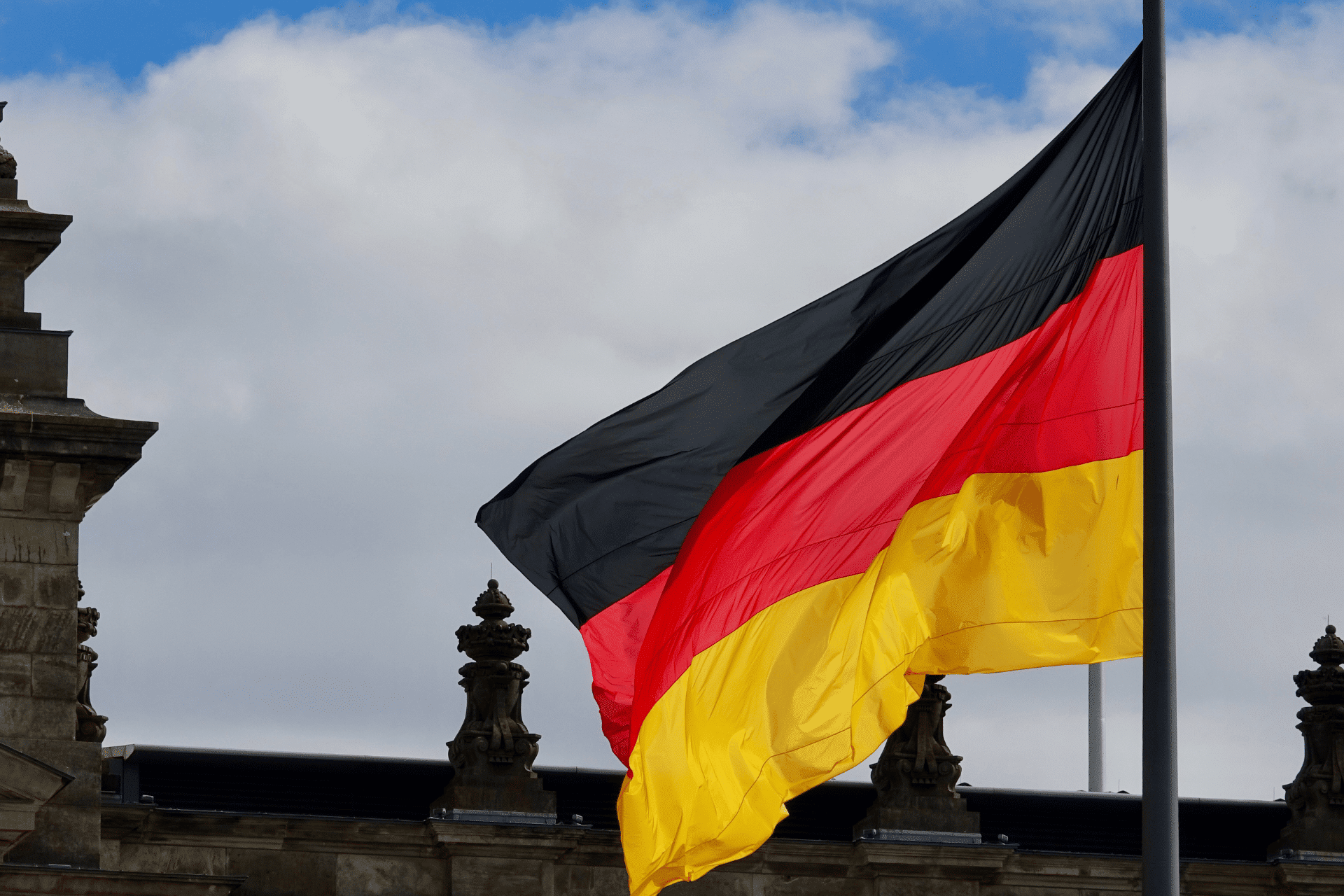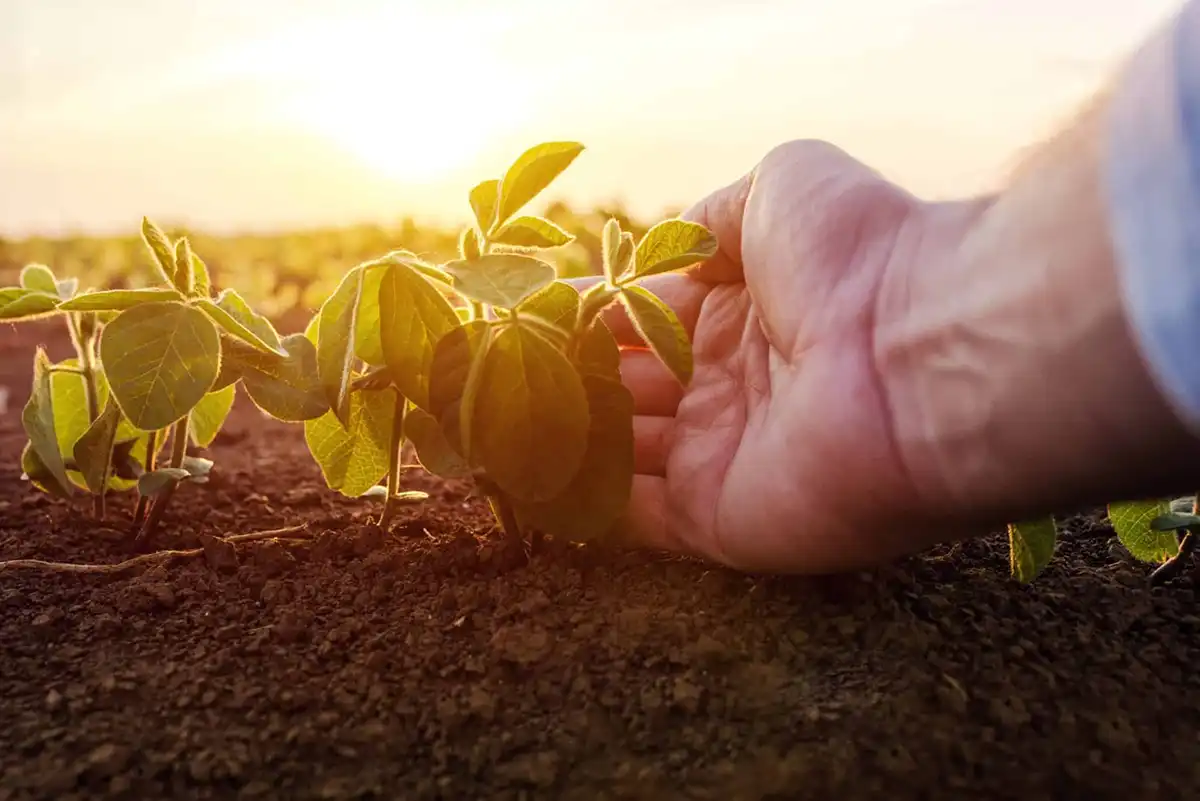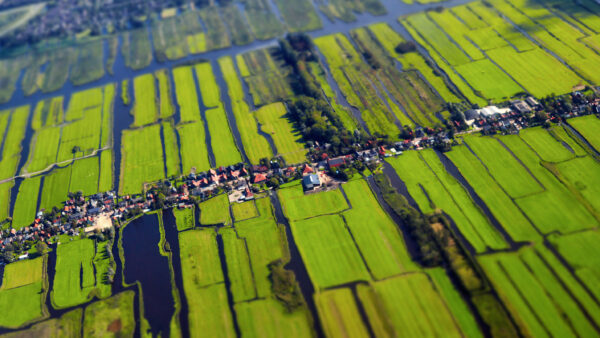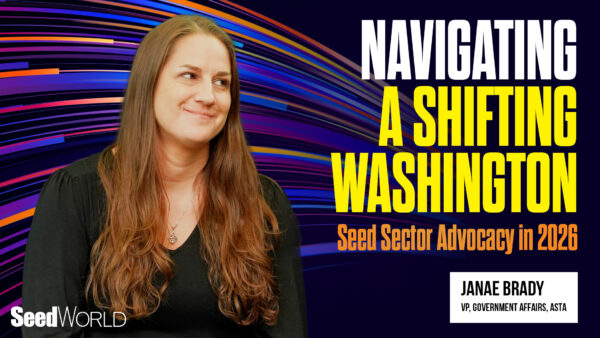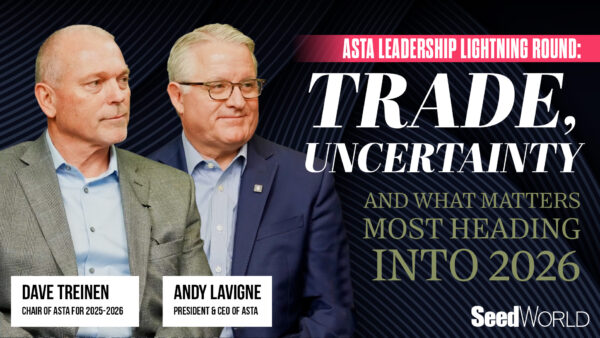A closer look at German seed companies and what sets them apart.
Germany is the richest and most populous country in the Eurozone. With the Euroseeds congress taking place in Berlin this October, it is fitting to check in with German seed companies and unveil what sets them apart from other European seed companies.

European Seed spoke with four experts to get the scoop on what makes German seed companies unique:
- Dr. Michael Stange, head of Product Management and Sugar Beet Agricultural Services, head of Communications & Marketing at Strube D&S GmbH
- Christoph Herrlinger, head of Legal Affairs and Human Resources Development at NPZ
- Michael Hölter, Cluster Lead Seeds, D, A, CH, Nordics at BASF
- Ivar Westerman, Country Sales Manager Germany, Austria, Switzerland at BASF’s vegetable seeds business
European Seed (ES): What is it like doing business in Germany?
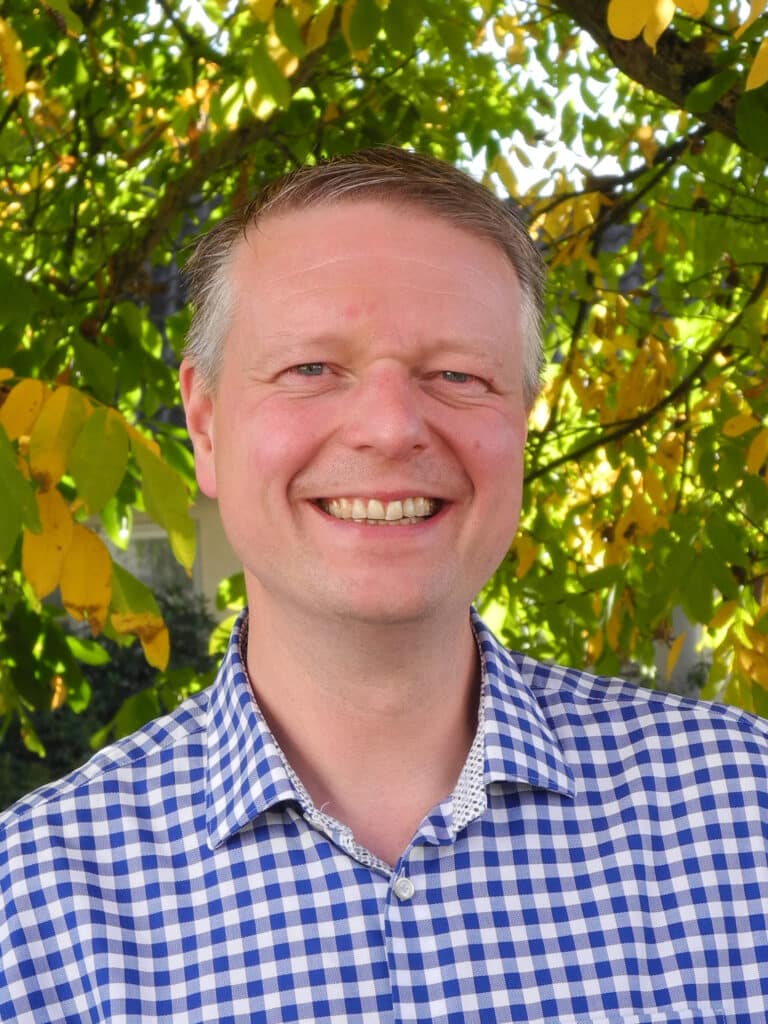
Westerman is clear: “As a global company with headquarters in Ludwigshafen (on the river Rhine), it is of course great to do business in a country where BASF is so well known. The BASF brand Nunhems¬® for vegetables seeds, although recently added to BASF Agricultural Solutions, is a well-established brand with a long history in Germany.”
“Our future area of focus is to have BASF recognized as a leading field crop seed breeder across Europe like we are in North America, for example we are N¬∞ 1 globally in oilseed rape.” adds Hölter.
“When Hans Lembke — the great-grandfather of the current managing partner of NPZ, Dietmar Brauer — began to systematically improve varieties on his farm on the Island of Poel back in 1897, he was most likely well aware of the benefits this work meant for him and the neighbouring farms,” says Herrlinger. However, Lembke probably never dreamed that one day it would develop into a market-leading oil seed rape and pulse breeding company with holdings in Germany and many countries abroad, including North America and Australia.
Today, 125 years later, this is a reality. NPZ Group, with Norddeutsche Pflanzenzucht Hans-Georg Lembke KG and NPZ Innovation GmbH at its core, counts about three hundred employees at its German sites in Hohenlieth, Malchow/Poel and Groß Lüsewitz. Including the companies in which NPZ holds stake — domestic and abroad — the figure totals almost five hundred employees. “Marketing its varieties through Rapool and Saaten Union, NPZ has become a market leader in large parts of Europe, and selling as far as Eastern Europe, North America and the Pacific region,” adds Herrlinger.
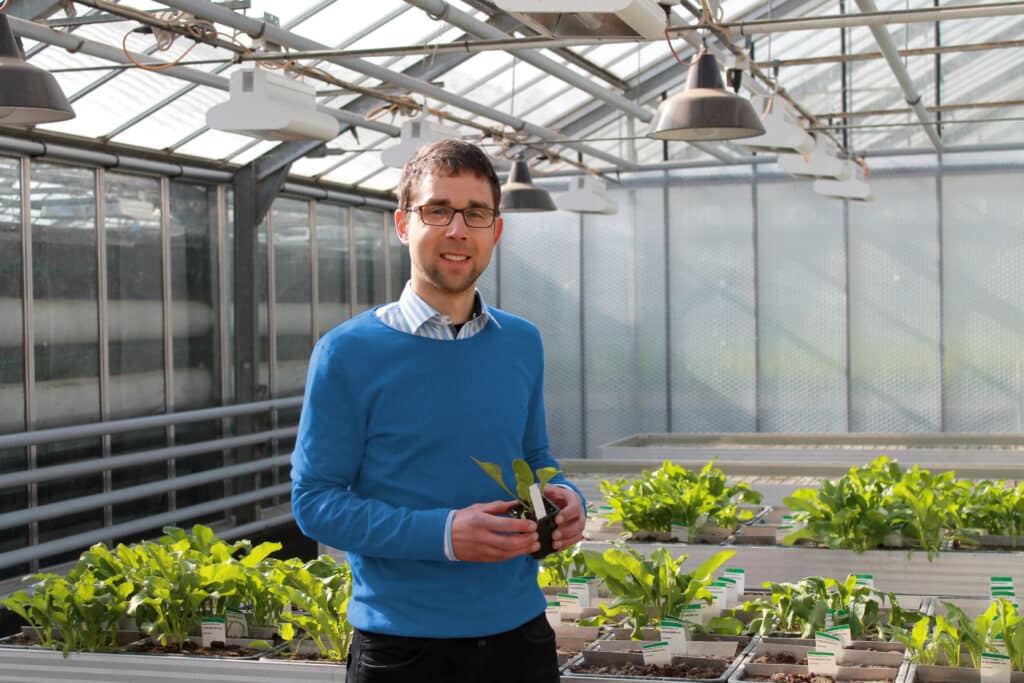
“We as breeders have to be active on all levels, including farmers, to be successful. In Germany we have a very wide range of growing conditions and different diseases which is the base for us to breed and select varieties for diverse requirements across Europe” says Stange.
The vegetable market in Germany is an important market, with a high growth potential. The market is open for new developments such as the year-round production of hydroponic lettuce. “The mindset of the growers and businesses is very open for collaboration. Due to the challenges of mitigating climate change — vegetable growers are looking for other vegetable crops that thrive under warmer conditions in Germany. By working closely with our customers, with the whole of the agricultural community and the value chain, we are confident that we’ll find the right solutions,” says Westerman.
ES: Are there specific German approaches that you also apply in other countries?
“Independently creating innovation through our own strength in research and breeding and bringing such innovation to the market through cooperation is part of the ‘DNA’ of NPZ Group,” says Herrlinger. Together with its partners in Germany, Europe and worldwide, NPZ has established a network based on trust and mutual benefit. “Certainly, this is one of the key factors for NPZ, having managed to stay a family-owned company, while at the same time offering cutting-edge solutions to farmers and downstream industry,” he adds.
Stange shares that in their core markets, they are very active with all players in the sugar beet business. “There is no special German ‘way’,” he adds.
“The customer is BASF’s focus” says Westerman. “The relationship between customers and the specialists of BASF’s seeds business is therefore very valuable. The continuous exchange with farmers is very important to understand their needs and requirements. ”
For field crops, the structure in agriculture is very diverse in Germany. There are big farming structures and a single layer distribution system in the East, while in the South, the structure is on a smaller scale with lots of farmers and retailers,” says Hölter.
Hölter also indicates that the market approach needs to be adapted to these different situations. “Large distribution structures allow BASF to have a direct personal contact with farmers and be able to customize recommendations and services. Within the smaller structures, our contact is a more close collaboration with the retailers and a rather indirect contact with our final customers, the farmers. What is key in a diverse market is adaptability and flexibility to meet customer needs” he says.
ES: What makes your company successful in what you do?
Stange underlines that for them well-adapted, competitive and high-quality products are what makes his company successful. “And this goes along with a very close advice to our customers,” he adds.
“The core BASF strategy for the Agricultural Solutions business unit has always been to innovate and offer new products and solutions for the grower,” says Westerman. The German market and farmers are open-minded and adapt quite fast to new products and solutions. “Working closely with our customers allows us to propose and tailor our offer to their needs. With seed, crop protection and digital solutions, combined with sustainability aspects, we have a unique position in the marketplace, which allows us and our customers to be successful,” he adds.
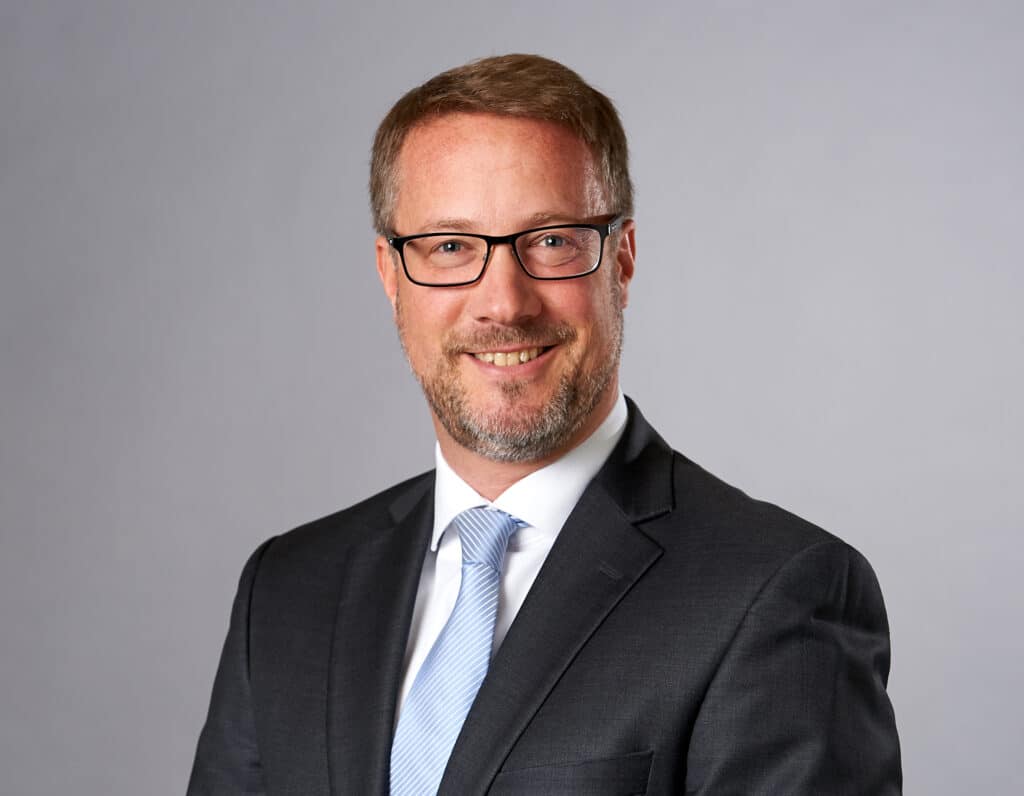
“NPZ has repeatedly demonstrated its ability to adapt its business to rapidly changing political and agro-economic conditions,” says Herrlinger. Already, the previous generations of owners had repeatedly realigned breeding programs and strategies with a view to the developments and conditions of the respective times and markets. “The rather young history of oil seed rape breeding in NPZ — today the company’s ‘powerhouse’ — shows that NPZ recognizes, shapes, and successfully uses opportunities for developing a business. One of the most recent examples for this mindset and strategy are NPZ’s activities in the field of plant protein for human nutrition, especially from rape seed,” he underlines.
The EU 27, and Germany in particular, have turned into one of the most challenging markets in recent years. The ambitions of Europe’s political leaders to ‘green’ the EU agriculture bring about major change for the whole industry, including plant breeders. “Nevertheless, NPZ does not see this development as a threat primarily, but more as a challenge the company will accept and successfully compete with. With its innovative and solution-oriented ideas and products, NPZ Group is confident to again shape the future of breeding,” adds Herrlinger.
Read More from the September Issue:
Mission Impossible? Or not? Weening Europe Off of External Gas Suppliers
Forget The Avengers! Plant Breeders are Saving the World
Putin’s Appetite for War Has The World Feeling Pangs of Hunger


